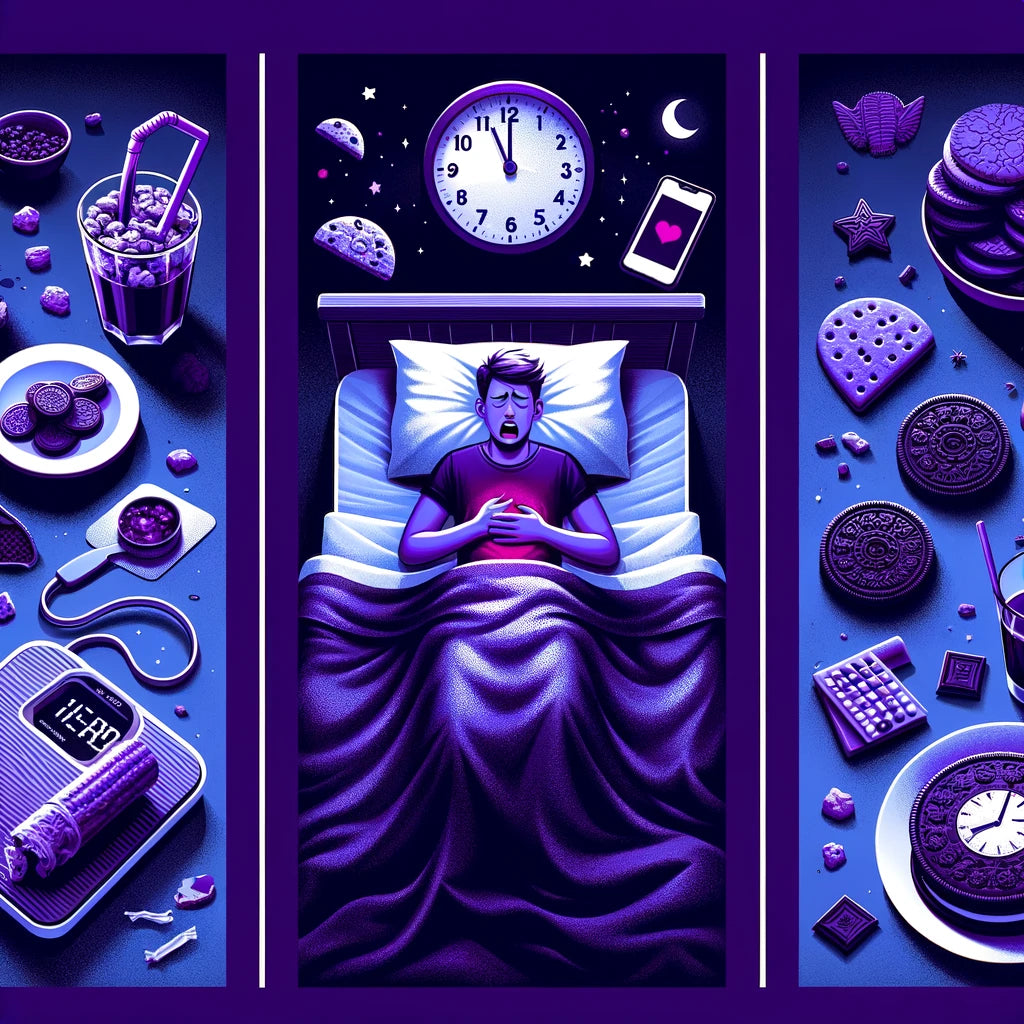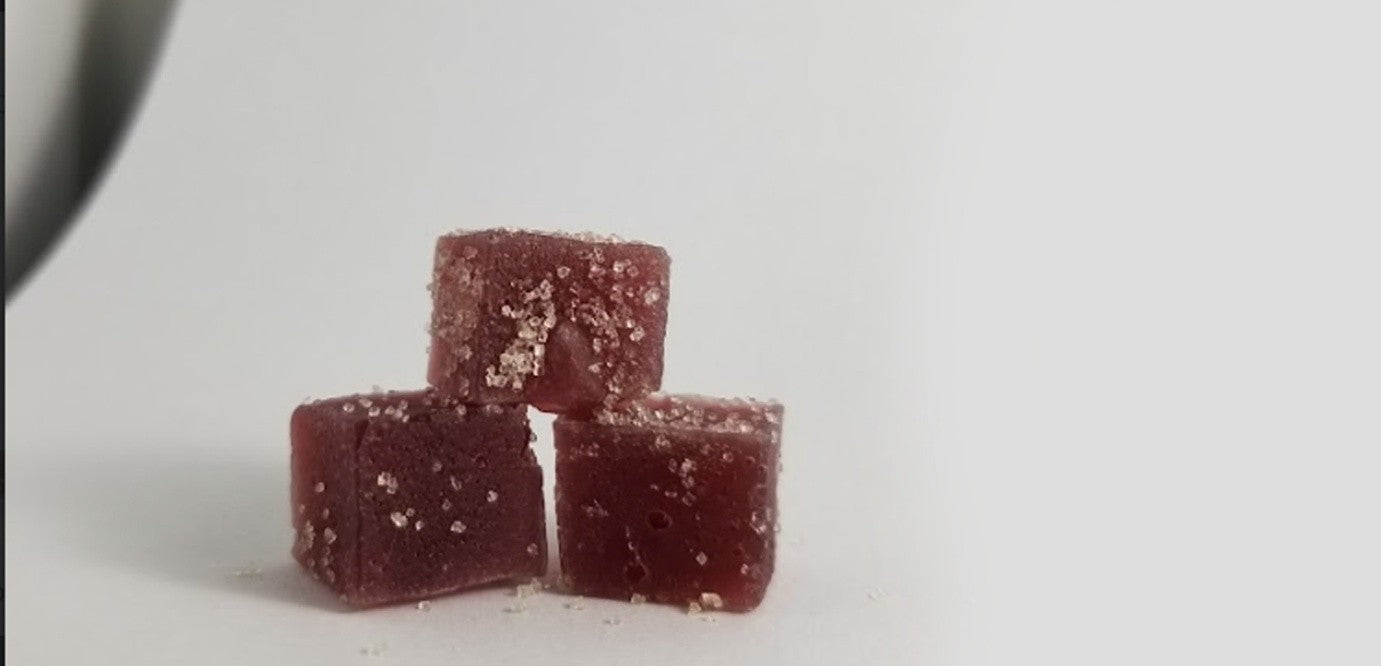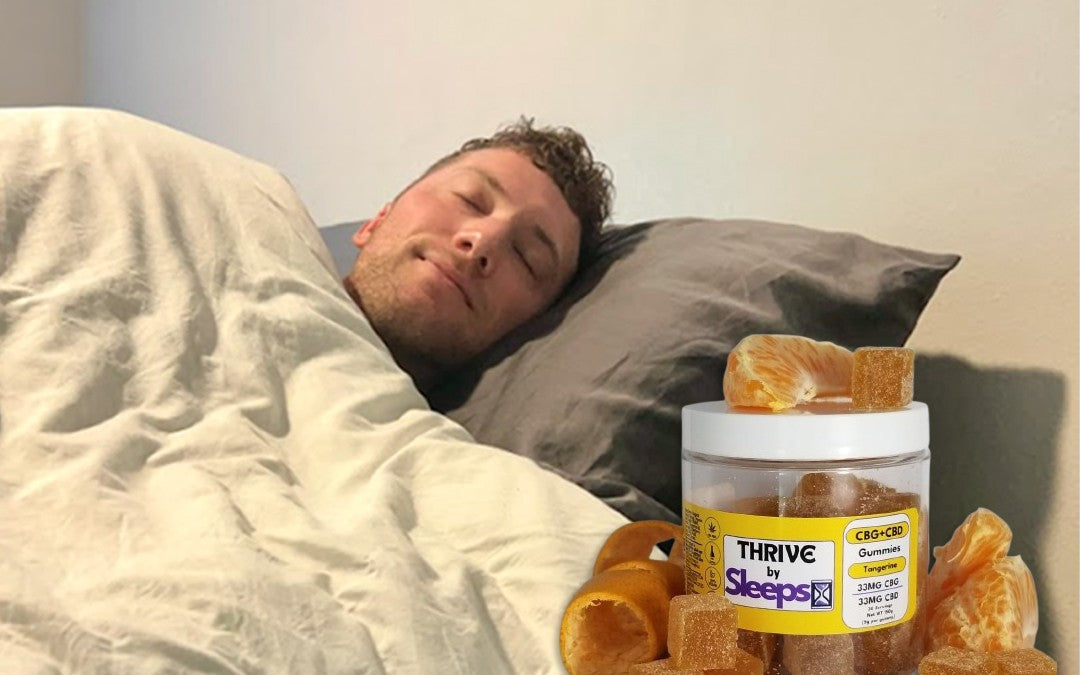Have you ever reached for a late-night snack only to find yourself tossing and turning hours later? It turns out, indulging in a meal or snack too close to bedtime can significantly disrupt your sleep. While the occasional late-night nibble may seem harmless, the timing of your meals plays a crucial role in how well you rest at night. Let's explore the reasons why eating before bed isn't recommended and how you can adjust your habits for a better night's sleep.
The Impact of Late-Night Eating on Sleep
Eating large meals or snacks right before bed can keep your body on high alert when it should be winding down. Digesting food requires energy, which can lead to restless nights and interfere with the deep, restorative sleep your body needs. But it's not just about discomfort; the effects extend to your overall health.
1. Disruption of Sleep Quality
Your body's endocrine and insulin systems can be thrown off balance by meals high in glycemic content eaten late at night, wreaking havoc on your sleep and overall health. A consistent eating schedule helps your body anticipate and prepare for rest, making it easier to fall and stay asleep.
2. Risks of Reflux and Heartburn
Lying down after eating can cause stomach acid to travel back into the esophagus, leading to discomfort, reflux, and heartburn. These symptoms not only make it difficult to fall asleep but can also wake you up during the night.
3. Weight Gain Concerns
Eating late at night can disrupt the natural rhythm of your body's metabolism, potentially leading to weight gain. When you consume calories right before bed, your body is more likely to store them as fat, especially if you're indulging in high-calorie or sugary foods.
4. Affects Hormone Balance
Irregular eating habits, especially late at night, can impact the release of hormones related to sleep and digestion, such as insulin, cortisol, and leptin. These imbalances can affect your sleep quality and contribute to long-term health issues.
Making Healthier Choices
While it's best to avoid eating right before bed, if you find yourself needing a snack, opt for something light and easy to digest. Steamed or raw vegetables, a small piece of fruit, or a bit of Greek yogurt are recommended as they're less likely to disrupt sleep.
Experts suggest stopping eating about three hours before going to bed. This allows your body ample time to digest the last meal and minimizes the risk of sleep disruptions.
Conclusion
- Sleep Foundation. "Is It Bad To Eat Before Bed?" www.sleepfoundation.org.
- Cleveland Clinic. "Is It Bad to Eat Before Bed?" health.clevelandclinic.org.
- Sleep.com. "Eating Before Bed: Yay or Nay for Great Sleep?" www.sleep.com.




